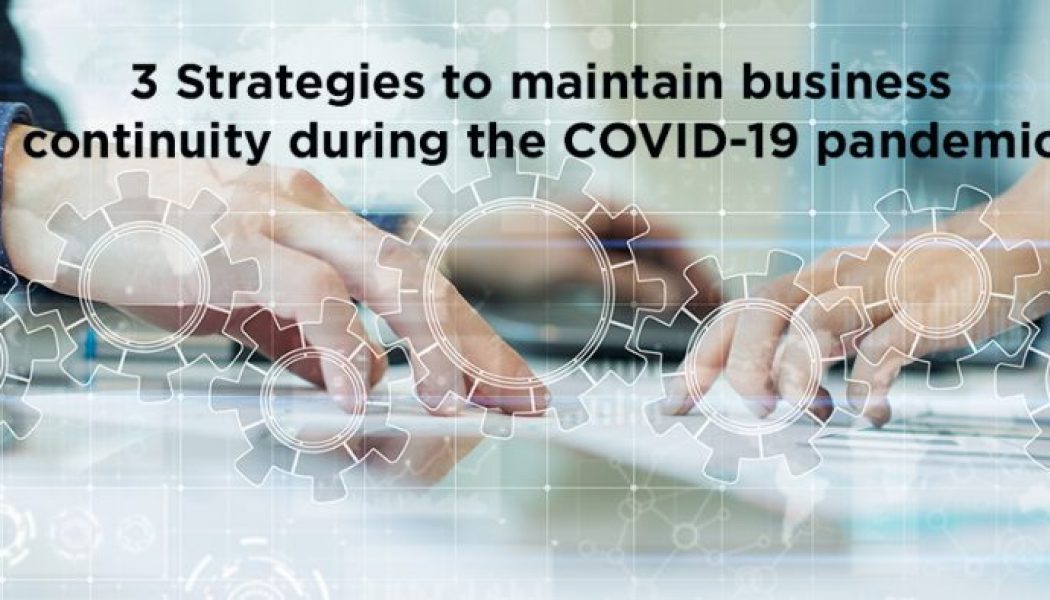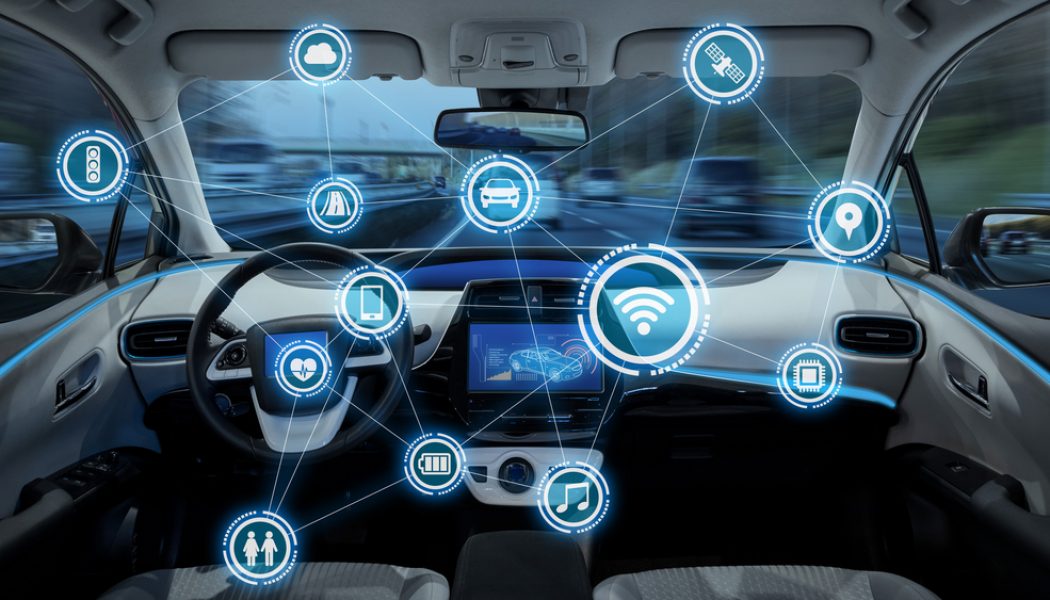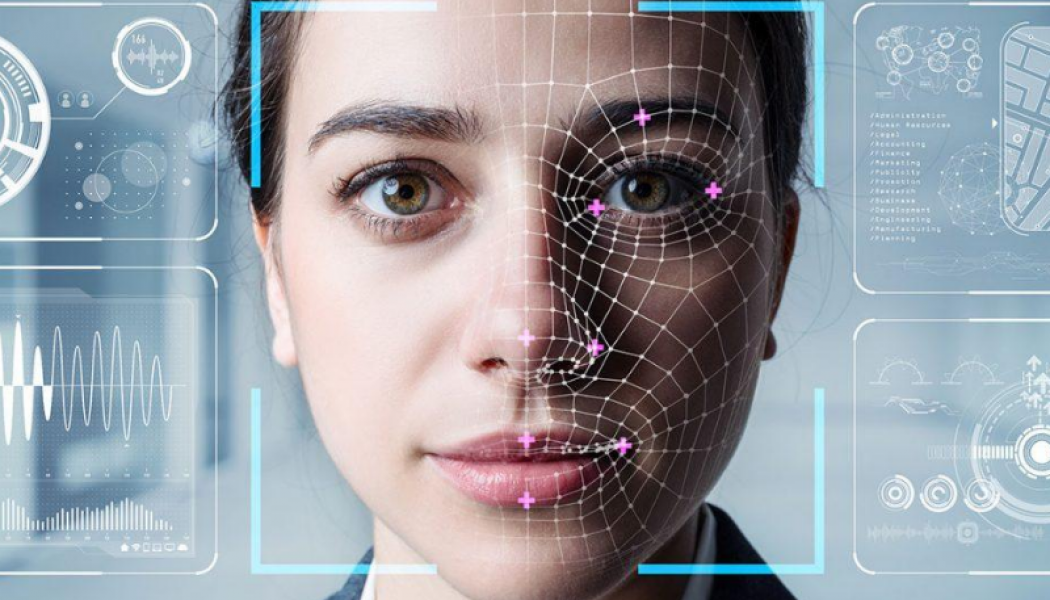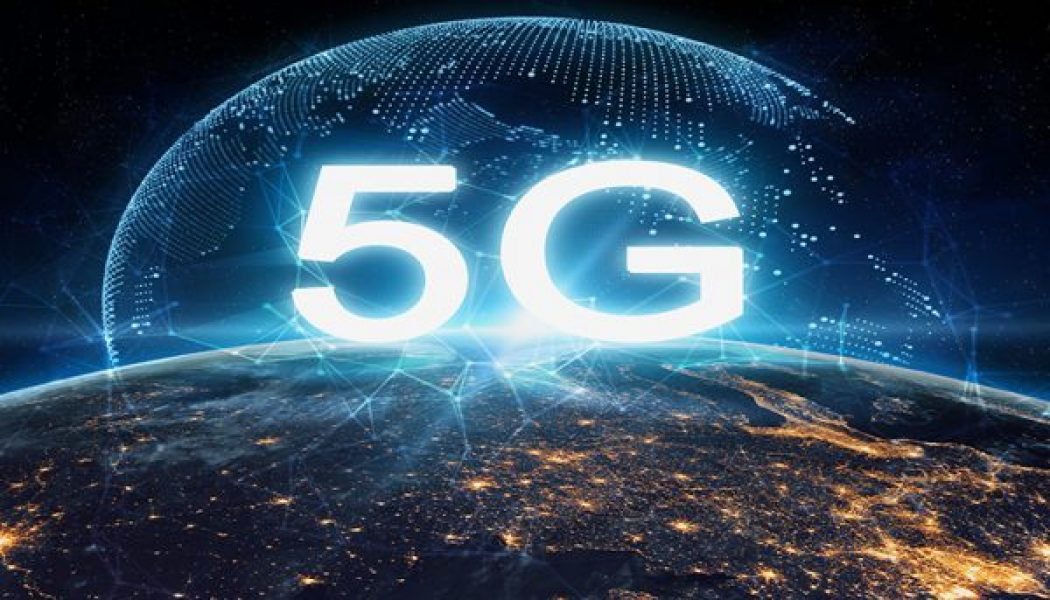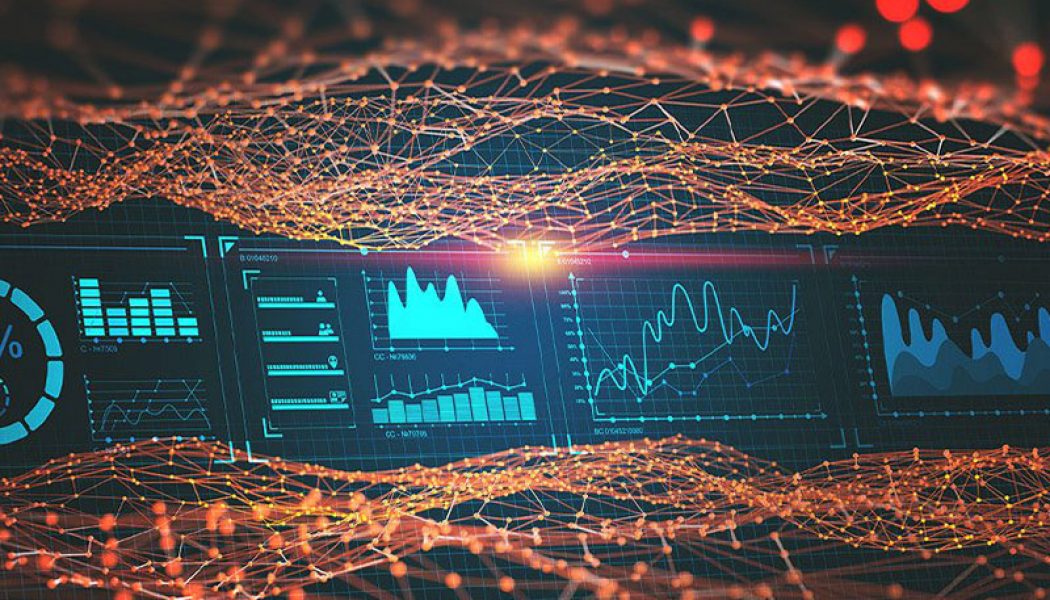Iot
Why Reskilling is Critical in a Post-Pandemic World
The world is changing at a rapid speed as new regulations come into play, customer expectations change, and global competition grows – and that’s without considering how COVID-19 is compelling everyone to use digital technology rather than physical processes when they can. As the pandemic forces organisations to put digital transformation on steroids, it is important that they don’t allow their workforces to fall behind. The silver lining amid the devastation of COVID-19 is a new working model. Yet business leaders are asking their people to show extraordinary levels of resilience and flexibility as we all try to come to grips with the changing environment. People and organisations accustomed to face-to-face interaction and manual processes have needed to master digital tools in double-qui...
Why Technology is Key to Maintaining Business Continuity during the Pandemic
The COVID-19 pandemic has forced almost all businesses to change their working practices and priorities in a matter of weeks, with the findings from the 2020 Internet of Things (IoT) Spotlight report showing that 71% of SA adopters increased the pace of IoT projects during this time. Adopters clearly believe IoT was vital to keep them going: 88% said the technology was key to maintaining business continuity during the pandemic. As a result, the majority of adopters (91%) now view the integration of IoT devices with workers as a higher priority and 83% of SA businesses considering this technology agree the pandemic will accelerate their adoption of it. IoT is key to improving business performance in South Africa The Vodafone Business research findings are clear: IoT continues to generate va...
Plumbing and IOT in South Africa
Officially, South Africa is a country with a water-scarce rating. This is not a surprise for anyone that lives in Cape Town. Drought conditions have been endured for a long time, moving the city towards countless moments when water is simply not available. Farmers often struggle because of water scarcity and low yield. Water stands out as a finite resource. It now finally gets attention at a global state. The UN has numerous sustainability goals and water is on the top of the list. Unfortunately, often leaks appeared and countless water pipe breakages impacted water levels and water supply. According to fixitrightplumbing.com.au, numerous preventable leaks weaken infrastructures and the real problem is that sustainability is very low. In the entire plumbing industry, we see spe...
The Role of Connected Technologies in the Automotive Sector
After many months of downtime, the much-anticipated resumption of major motorsport races has begun. However, like all other real-world sports, there have been various changes brought about because of the COVID-19 pandemic. For example, a series of amendments were made to almost everything in Formula 1 – from the race-start procedures and team operational rules to podium ceremonies. Some say the Coronavirus may change motorsports forever. However, what has already changed both motorsports and vehicles forever is connectivity, which has thrived in the past decade. How did the decade change both racing and ordinary cars? Motorsport enthusiasts may characterise the past decade as the era of two outstanding racers – Sebastian Vettel and Lewis Hamilton. But for F1 engineers and the bigger backst...
5G Drives the Need for Network Energy Solutions
Fred Saayman, Huawei BU Executive at Pinnacle It is estimated that within five years, the number of connections between people and other people, people and things and things to other things will number more than 100 billion. Add to this the increasing uptake of 5G networks, as well as new services including online healthcare and education, smart homes, telemedicine, virtual and augmented reality, autonomous cars, and it’s easy to see why broader network connections, higher bandwidth and computing that is closer to users are in demand. So says Fred Saayman, Huawei Business Unit: Executive, at Pinnacle ICT, SA’s leading local ICT distributor. “In addition, the world has witnessed incredible new technologies that enable surgeons to supervise operations based on real-time 5G ultra HD imaging. ...
Why Dedicated Networks are Critical for Industrial Connectivity
With Industry 4.0, the manufacturing and logistics industries are in the midst of digital transformations to increase automation and efficiency. There is a lot to be gained with Industry 4.0, but it all begins with having the connectivity to support it. As manufacturers address modernization, automation and digitalization, dedicated networks offer a way to support multiple use cases, retain control of network resource allocation and ensure that critical data remains on-site. The process of integrating the networks of one or more manufacturing site can be triggered by a need to replace legacy networks or the increasing mobility requirements of their operations. A unified platform is required which integrates voice, data, video and IoT. Digitalization Driving Demand Industries are now ...
How Tech is Changing the Mining Industry’s Future
Sourced from Mining Weekly. The mining industry across the globe is currently undergoing a technological paradigm shift. Mines of the future will require advanced technologies and mining operators are all set to embrace the new digital technologies to gain a competitive advantage. For centuries, mining has provided us with the raw materials that have enabled us to develop our economies and build communities. Mining as an industry has been maturing over the last few decades on the back of an ever-increasing demand for resources on one side, and a need for sustainability on the other. Even though there have been challenges in the South African mining industry for several years, it still employs nearly 5% of South Africa’s employed workforce, makes a significant direct contribution to GDP, si...
Telenor, Sony and Ericsson Join Forces to Develop Smart IoT Healthcare Devices
Sourced from Getty Images. Ericsson, Sony and Telenor have announced that they are teaming up to make it easy to connect people and things with intelligent tracking and monitoring solutions. Ranging from cargo to IoT healthcare devices for patients, tracking increases mobility and improves reliability and efficiency. Using Telenor’s network, Ericsson’s IoT Accelerator for global connectivity, and Sony Network Communications Europe’s smart IoT services, the three partners are collaborating to enhance real-time location and tracking solutions for different sectors. Ericsson IoT Accelerator is the Ericsson’s IoT connectivity and device management platform, providing enterprises with a unified solution that manages IoT operations of any scale, using worldwide mobile network infrastructure. Mor...
The Rise of IoT in Mining
The latest research study conducted by Inmarsat found that the global mining sector is undergoing an Internet of Things (IoT) revolution with respondents reporting significant increases in adoption of connected technologies. Mining organisations reported successes in implementing projects to safeguard workers via remote tracking, monitor drilling, and observe acid mine drainage remotely. However, despite this progress, a range of challenges are hindering the sector’s ability to reap the rewards that IoT has to offer. According to the research, most organisations (65%) have fully deployed at least one IoT project, while 33% are trialling or have trialled a project, with only 2% of respondents not having begun an IoT project. Noticeably, there is considerable geographical variance in IoT ado...


